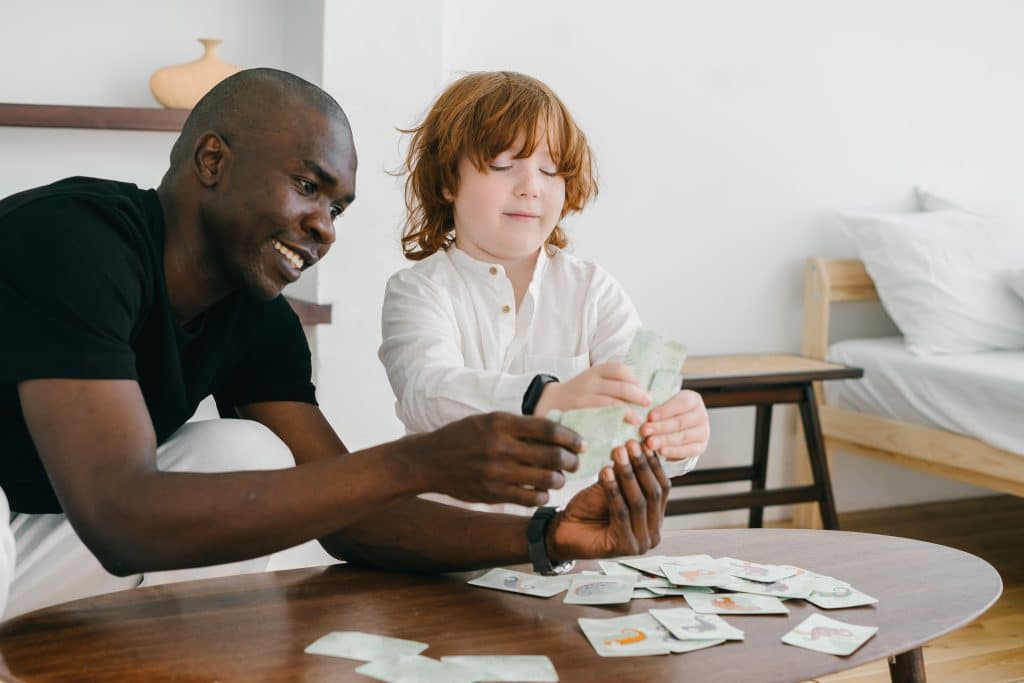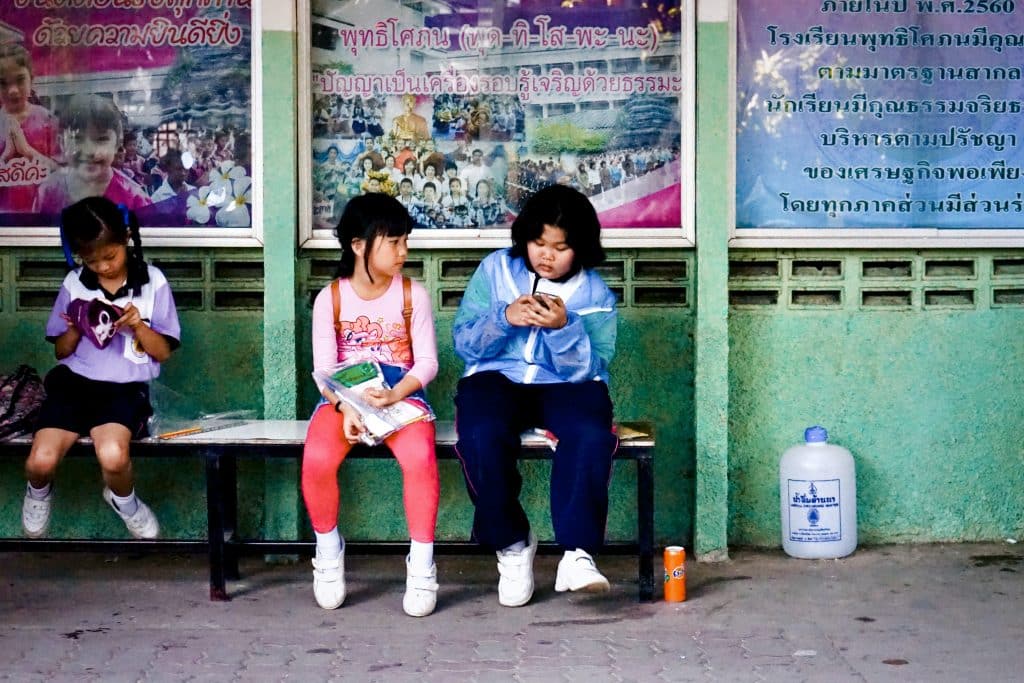Your neurodivergent child is at a playdate, and you’re observing their interactions with other kids. You might notice some challenges in their autism social skills, and you’re eager to help them thrive. Well, you’ve come to the right place! In this guide, we’ll explore practical strategies and tips to support your child’s social development, covering topics like understanding emotions, communication, and building friendships. Let’s embark on this journey together!
Table of Contents
Understanding Emotions: The First Step in Autism Social Skills
Before diving into communication and friendships, it’s essential to lay the foundation by helping your child understand emotions. Here are some strategies to get started:
- Label emotions: Use simple, direct language to describe emotions in everyday situations. For example, “You’re smiling! You must be happy.”
- Visual aids: Use emotion charts, flashcards, or social stories to help your child recognize and understand different emotions.
- Model appropriate responses: Demonstrate how to react to various emotions, like offering a hug when someone is sad or clapping when someone is excited.

Moreover, it’s important to practice empathy with your child. Encourage them to think about how others might feel in different situations and discuss their thoughts with you. This will help them develop a better understanding of emotions and improve their autism social skills.
SPONSORED BY: Goally
Goally’s Kid’s Tablet has one of the largest libraries of skill-building videos (like “How to Share” and “What To Do When You’re Lost”) in the Goal Mine app.👇
Communication: The Key to Unlocking Autism Social Skills
Effective communication is crucial for any child, but it can be especially challenging for neurodivergent kids. Here are some tips to support your child’s communication skills:
- Encourage nonverbal communication: Teach your child to use gestures, facial expressions, and body language to convey their thoughts and feelings.
- Practice turn-taking: Engage in activities that require turn-taking, like board games or simple conversations, to help your child understand the back-and-forth nature of communication.
- Use visual supports: Visual schedules, social scripts, and other visual aids can help your child understand and follow conversational rules.
- Seek professional help: Speech and language therapists can provide tailored support to improve your child’s communication skills.
Creating a comfortable and supportive environment is crucial for your child to learn social skills related to autism. It’s all about being there, being patient, and really hearing them out. Please give them a high-five or a little reward when you see them making strides in their communication! Seeing them gain confidence and keep giving it a try is super cool. For instance, check out some examples of social skills, like sharing toys or waiting their turn to chat—it’s all about baby steps! And remember parents, we’re all on this journey together, helping our little ones rock their unique skills and grow at their own pace. Keep it positive, and keep it fun!
Read More: How To Connect with Your Child
Building Friendships: The Heart of Autism Social Skills
Developing and maintaining friendships can be challenging for kids with thinking and learning differences. Here are some ideas to help your kid build meaningful connections:
- Find common interests: Encourage your child to participate in activities they enjoy, where they can meet like-minded peers.
- Teach social etiquette: Practice greetings, introductions, and other social norms to help your child feel more comfortable in social situations.
- Role-play: Act out various social scenarios with your kid to help them practice appropriate responses and behaviors.
- Set up playdates: Arrange small, structured playdates with one or two other children to help your child practice their social skills in a controlled environment.
- Be patient: Remember that building friendships takes time and practice, so be patient and celebrate small victories along the way.
It’s also crucial to teach your child about boundaries and personal space. Explain the importance of respecting others’ personal space and model appropriate behavior. This will help them navigate social situations more effectively and improve their autism social skills.

Read More: How to Help Your Child Make Friends
Technology: A Powerful Tool for Autism Social Skills
Technology can be a game-changer in supporting your child’s social development. Here are some methods to harness the power of tech:
- Apps: Explore apps designed to help neurodivergent kids practice social skills, like Goally, which offers a learning tablet and apps tailored to their needs.
- Online communities: Connect with other parents and caregivers of neurodivergent kids to share experiences, advice, and resources.
- Video modeling: Use videos to demonstrate appropriate social behaviors and help your child visualize and practice these skills.
Besides, you can also use technology to track your child’s progress and set achievable goals. This will help you stay organized and motivated, ensuring that your child continues to develop their autism social skills.
Supporting Your Child’s Autism Social Skills: Final Thoughts
As a parent, you play a crucial role in helping your child develop autism social skills. By understanding emotions, improving communication, building friendships, and leveraging technology, you can support your child’s social growth and help them thrive. Remember, every child is unique, and progress may be slow, but with patience, persistence, and love, you can make a world of difference in your child’s life.
This post was originally published on 05/09/2023. It was updated on 09/23/2023.

Goally
We help parents teach their kids life skills, like doing bedtime and morning independently. Backed by science, we incorporate evidence-based practices and expert-informed designs in all of our apps and content.







